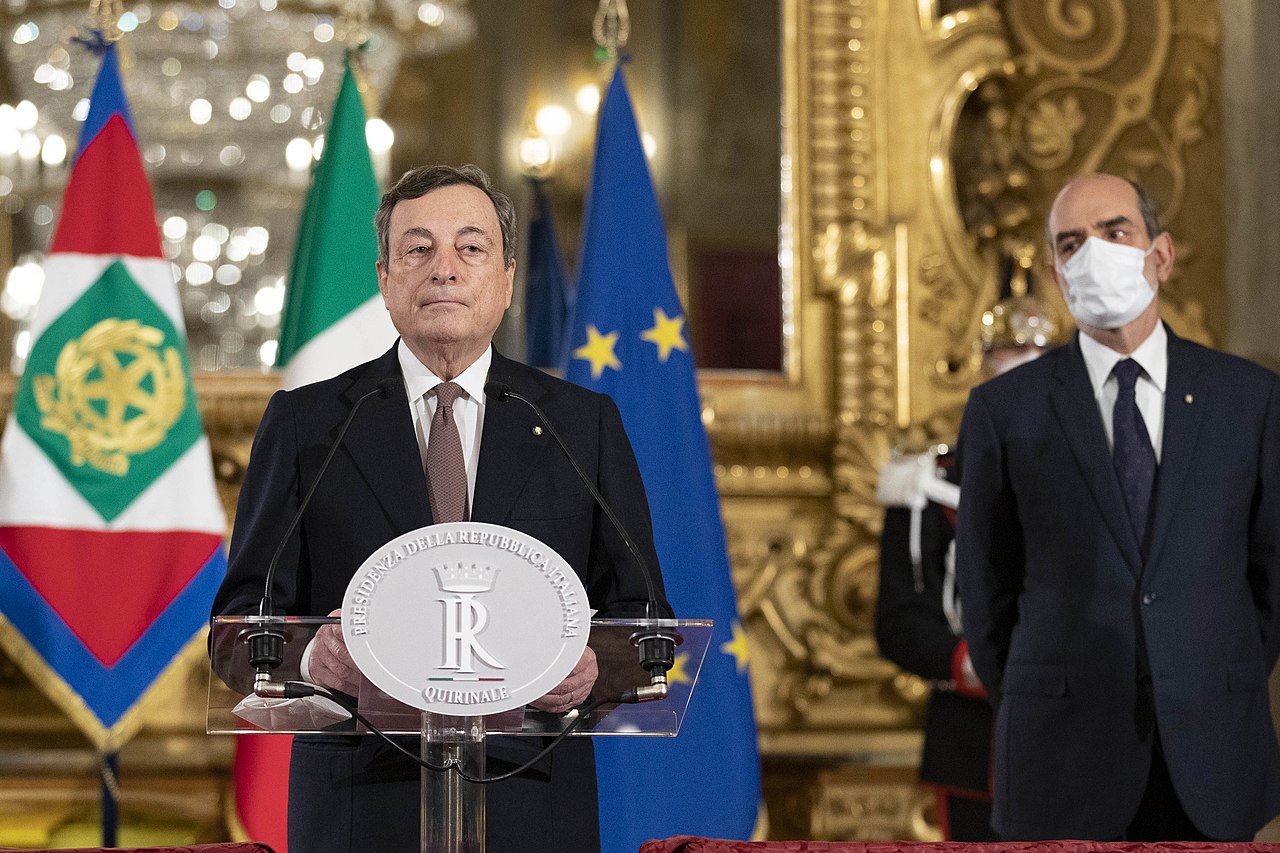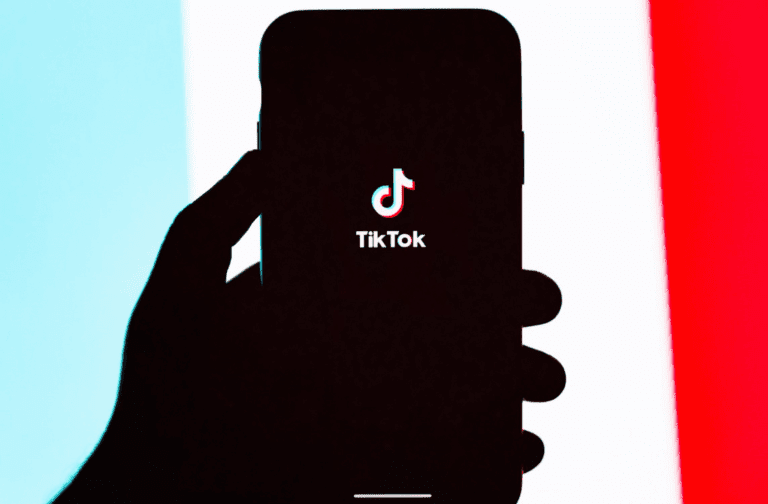What’s Left in the West: China’s Short and Long-term Gains in Italy

This article is the first of a series of articles authored by young, aspiring China scholars under the Future CHOICE initiative.
As the first European country hit by the COVID-19 pandemic, Italy has clearly and rather unsurprisingly become a key focus of China’s efforts to change the narrative surrounding the outbreak and, crucially, Beijing’s role in it. The groundwork for this effective narrative control was already laid by prior media cooperation agreements under the Belt and Road Initiative (BRI). Initially, the cooperation put in place during the years prior to the pandemic looked prescient.
Yet, after the installment of a new government headed by Mario Draghi in early 2021, the long-term gains to be had from these operations and agreements appear increasingly fleeting.
Chinese Media Presence in Italy
On March 23, 2019, the Italian coalition led by the populist party Movimento 5 Stelle (5 Star Movement) signed a Memorandum of Understanding (MoU) with China. As the first Western European country to sign such an umbrella deal with China, Italy positioned itself as an entry point for China’s Belt and Road Initiative. At the time, the decision provoked some tensions in the EU, especially between Berlin and Rome, as the initiative ensnared its first ‘large’, Western EU country.
The agreement included the establishment of shared information platforms, jointly administered by Italian and Chinese media. The two major Italian media agencies, ANSA (multimedia information agency) and RAI (national public news company) were involved in this deal. Under this framework, they strengthened the cooperation with the two main Chinese state-owned agencies Xinhua (press agency) and the media company China Media Group (CMG).
ANSA dedicated a section of its website to content from Xinhua, with a disclaimer “Xinhua’s editorial responsibility”. The articles posted here are selected and translated from the Chinese press agency’s website. This section portrays China very positively, and has been recently focusing on the successes of Beijing’s foreign policy, and of the Chinese vaccines across the world.
Another important media actor has been the Chinese state-owned broadcasting station China Radio International (CRI). The broadcaster has been very active in establishing partnerships with local stations around the world, implanting Chinese official narratives into local discourse. In 2015, a Reuters analysis identified at least 33 radio stations across 14 countries.
In Italy, CRI strengthened its presence via multiple MoUs with local outlets even before Italy‘s signing onto the BRI. In 2012, the partnership between the two countries promoted the establishment of a common information platform named “Cinitalia”, the only Italian-Chinese bilingual magazine published by the Italian division of CRI. During the first months of COVID-19 pandemic in Italy, all the Italian members of the Parliament received a copy of Cinitalia. This was by some regarded as an attempt to promote a more China-friendly attitude in the Italian politicians during the delicate time of the pandemic outbreak. This move did not win MPs’ support and in some cases even had the opposite effect, raising complaints over the Chinese attempt to overstretch its presence into Italian politics.
Together with CRI, the company GBTimes Italia is registered to be in charge of the publication of Cinitalia. According to Reuters’ investigation, CRI owns a controlling 60 percent stake in GBTimes. The company disappeared from the spotlight shortly after the investigation, changing its name to OPLUS Ecosystem. Its Italian branch, now named OPLUS Europe, works as a media and marketing company advertised as a “gateway to China, Nordic countries and M.E.N.A.” Among its clients, the logos of CRI, Il Giornale and the Italian Ministry of Economic Development stand out.
Similarly to the case of Xinhua with ANSA, Cinitalia has a content sharing agreement with the Italian newspapers Il Giornale (owned by the Berlusconi family) and Milano Finanza (Group Class Editori). In the case of Milano Finanza, the articles mainly focus on the strength of the Chinese market, while in Il Giornale, the focus is more political. Just recently, Il Giornale’s Cinitalia section shared multiple articles related to Uyghur terrorism in Xinjiang.
Chinese Propaganda, Fatto in Italia
During the outbreak of the pandemic, even the Italian national television channels adopted a pro-China narrative, focusing on the benefits of Italy-China relations. An investigation conducted by the independent newspaper Le Formiche showed the media devoted significantly greater attention to China’s help to Italy, than that coming from the US. During March 2020 the RAI television, which has a 36 percent share on the market, dedicated three times as much screen time to the announcement of Chinese support than to that from the US. The same research showed that in that timeframe, the Italian television industry dedicated 42 reports to China’s support, to only 10 describing aid coming from the US. Moreover, the two RAI branches Rai Radio Due and Rai News 24 did not dedicate any report to the aid given by the US.
According to data compiled by the author, content on the RAI’s website further confirms this trend. The articles published online had in fact a notable positive sentiment towards China, and repeatedly praised China’s efforts in supporting Italy. Similar to RAI’s television programming, the bulk of the positive articles were published in March 2020, during the outbreak of the pandemic.
Some members of the former Italian government helped in amplifying this China-friendly narrative. Among those the most prominent is Luigi di Maio, a member of the Movimento 5 Stelle party and the Italian Minister of Foreign Affairs, the Italian politician with the largest social media visibility. As one of the main promoters of the BRI in the country, he extensively applauded Chinese support to Italy during the outbreak of the pandemic. According to Le Formiche, what Di Maio presented to the public as “kind donations” from China were in fact business deals that had little to do with international solidarity.
This fairytale-like narrative also entangled some major Italian newspapers, such as La Repubblica, which defined China’s shipment of medical supplies to Italy as an “act of love.” Although Italy indeed received extensive amounts of medical supplies from China, the bulk of it was not a donation as Di Maio and La Repubblica claimed. Until December 2020, about €5 billion euro was spent for contracts with companies producing medical supplies. Of this sum, 36 percent was made up by contracts with non-Italian companies, out of which more than 90 percent were Chinese.
The China-friendly media discourse left its mark in the short-term, and according to a survey conducted by the market survey agency SWG in April 2020, most people interviewed would have favored an alliance with China over one with the USA. Compared to the same survey conducted by SWG in 2019, China gained 42 percent, while the USA diminished its score by 12 percent. Although China was the first country to support Italy with material aid, it is hard to imagine that the audience would have had such a switch in its opinion without the outsized attention devoted to it by Italian media and politicians.
Draghi’s Distancing
Although the efforts Beijing dedicated to promoting pro-China views in the Italian media had initially been a success, they have not prevented a change in the government’s policy. During the early months of Mario Draghi’s term as prime minister, which began in early February amidst a governmental crisis, a re-balancing process guiding Italy towards a more transatlantic-orientation was initiated. Through his veto right given by the golden power, Draghi initially blocked Huawei from expanding its 5G networks in Italy through Fastweb and stopped Shenzhen Investment Holdings from acquiring the Italian semiconductor company Lpe S.p.a.. Aside from stopping China’s expansion into strategic sectors like communication and technology’s, Draghi stepped toward containment of China’s economic ambitions by opposing China FAW Group Co.’s acquisition of Italian Iveco S.p.a.
After the first few months of Draghi’s government, it can be clearly stated that China’s propaganda operations during COVID had only a partial success. To a certain extent, it influenced the public opinion in Italy and shifted the people’s sentiment to be more positive towards China and its presence in the country. On the contrary, it did not affect Italy‘s stance towards traditional partners and alliances in the long term. In fact, Draghi declared in February that the foreign policy of his newly installed government will be “in line with Italy’s historical anchors: European Union, NATO, and the United Nations”.
At the recent G7 meeting, Italy followed up on this statement by signing upon the Build Back Better World Partnership, which is shaping to be a direct competitor to China’s BRI. Moreover, Draghi stated that Rome will “carefully examine” the BRI agreements signed by the previous government in 2019.
Although it is still uncertain whether Italy will renew in 2023 the agreements signed with China, Italy’s shift in attitude represents a major setback for Beijing. Finally, it shows that even while China invests significant resources into overseas propaganda, its ability to influence foreign policy decisions of foreign governments is ultimately limited.
Written by
Lucia Gragnani
LuciaGragnaniLucia Gragnani is Junior Researcher at Taiwan NextGen Foundation. She previously studied Chinese at Bologna University and the National Taiwan University in Taipei.


